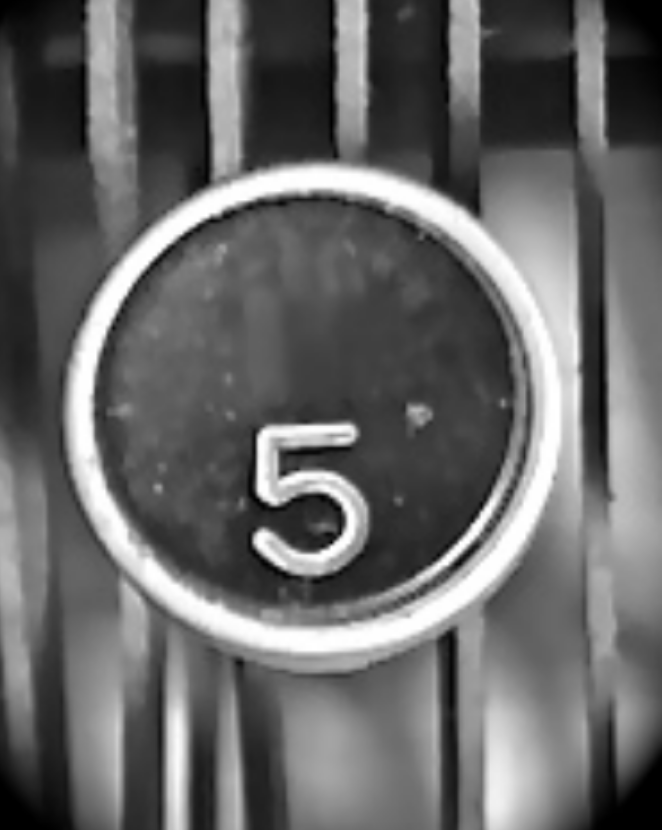5 HOT BOOKS: How Shakespeare Speaks to America Today, a Mormon Story, and More
/1. Shakespeare in a Divided America: What His Plays Tell Us About Our Past and Future by James Shapiro (Penguin Press)
Although Shakespeare lived long before England’s unruly colony tossed tea in Boston Harbor and declared its independence, Columbia English professor Shapiro argues that the Bard nevertheless has a great deal to say about America past and present. The book’s chapters each have a year and a Shakespearean theme, beginning with “1833: Miscegenation” and reactions to Othello; through “1948: Marriage” in The Taming of the Shrew, and its reinterpretation, Kiss Me Kate; and culminating in “2017: Left│Right,” examining the Public Theater’s Trump-as-Julius-Caesar production at the Delacorte Theater in New York and the right-wing protests and social media campaign that highlight today’s great cultural divide. “There has always been a tug-of-war over Shakespeare in America; what happened at the Delacorte suggests that this rope is now frayed,” Shapiro writes near the end of his extraordinary book. “When one side no longer sees value in staging his plays, only a threat, things can unravel quickly.”
2. Kingdom of Nauvoo: The Rise and Fall of a Religious Empire on the American Frontier by Benjamin E. Park (Liveright)
Mormons founded the “kingdom of Nauvoo” near the frontier on the Mississippi River as a God-fearing community of “separate people” living outside Protestant norms, and Park’s engaging history chronicles how prophet Joseph Smith led this movement. With unprecedented access to the Mormon Church’s archives and guided by deep knowledge of its history, Park explains how Smith’s aspirations as a presidential candidate, increasing paranoia, and contradictory political theology tore apart the town of Commerce, which he had renamed Nauvoo, a word he believed to be Hebrew for “beautiful city.” Smith’s wife, Emma, as well as those outside the community, denounced the group’s polygamy and separatism, and brought down this Mormon settlement in Illinois and drove it to Utah. Park makes this story vivid in his fascinating, well-told take on antebellum America.
3. I Want You to Know We’re Still Here: A Post-Holocaust Memoir by Esther Safran Foer (Tim Duggan Books/Crown)
Piecing together the fragments of her family’s history has been Foer’s lifetime pursuit. “I am the offspring of Holocaust survivors, which, by definition, means there is a tragic and complicated history,” she writes. The mother of prominent authors (Franklin, Jonathan, and Joshua), Foer has resourcefully used DNA, databases, and archives to document an intimate, resonant account of her family, from Poland to Germany to Russia. This powerful memoir crescendos in the author’s journey to Ukraine on a search for the Christian family that hid her father, her sister killed in the Holocaust, and the shtetls of her ancestors, where she would be able to let those distant family members know they have not been forgotten.
4. Death in Mud Lick: A Coal Country Fight against the Drug Companies That Delivered the Opioid Epidemic by Eric Eyre (Scribner)
Pulitzer Prize-winning journalist Eyre of the Charleston Gazette-Mail extends his reporting on the opioid epidemic in this account of the crisis in West Virginia. Eyre tells the story of how addictive painkillers flooded into the state and brings it to life through a wide-ranging set of characters: a coal miner who overdosed and died, his sister who battled the pharmaceutical industry, and the state attorney general tied to it. In a riveting book that that should share the same shelf as Sam Quinones’ Dreamland and Beth Macy’s Dopesick, Eyre recounts doggedly battling the state and the Fortune 500 wholesale drug distributors while dealing with his Parkinson’s disease and a newspaper in crisis.
5. Enter the Aardvark by Jessica Anthony (Little, Brown)
Charming but disturbing, impossible but real. Namibia in 1875, Victorian England, and contemporary D.C. A taxidermist, a naturalist philanthropist, and a millennial Virginia GOP congressman linked to the story by an aardvark, or rather an aardvark specimen. Throw in Hermann Goering’s father, some ghosts, repressed male sexuality, and a hungry press. Anthony mixes these wildly different ingredients into her ingenious mental mixmaster in this distinctive, quirky satire of a novel.










